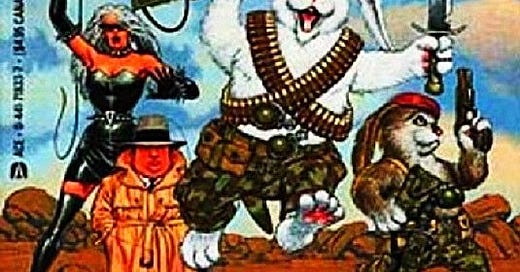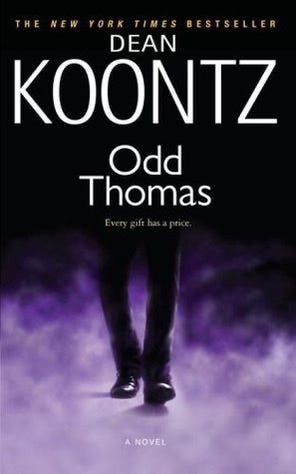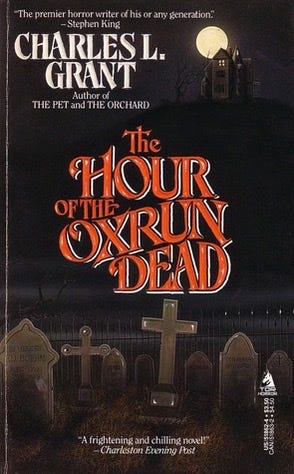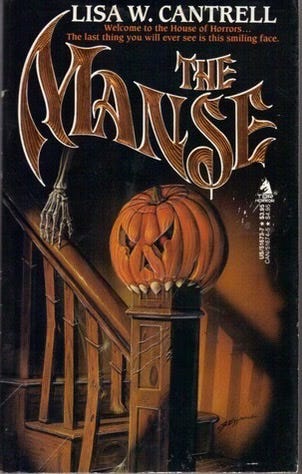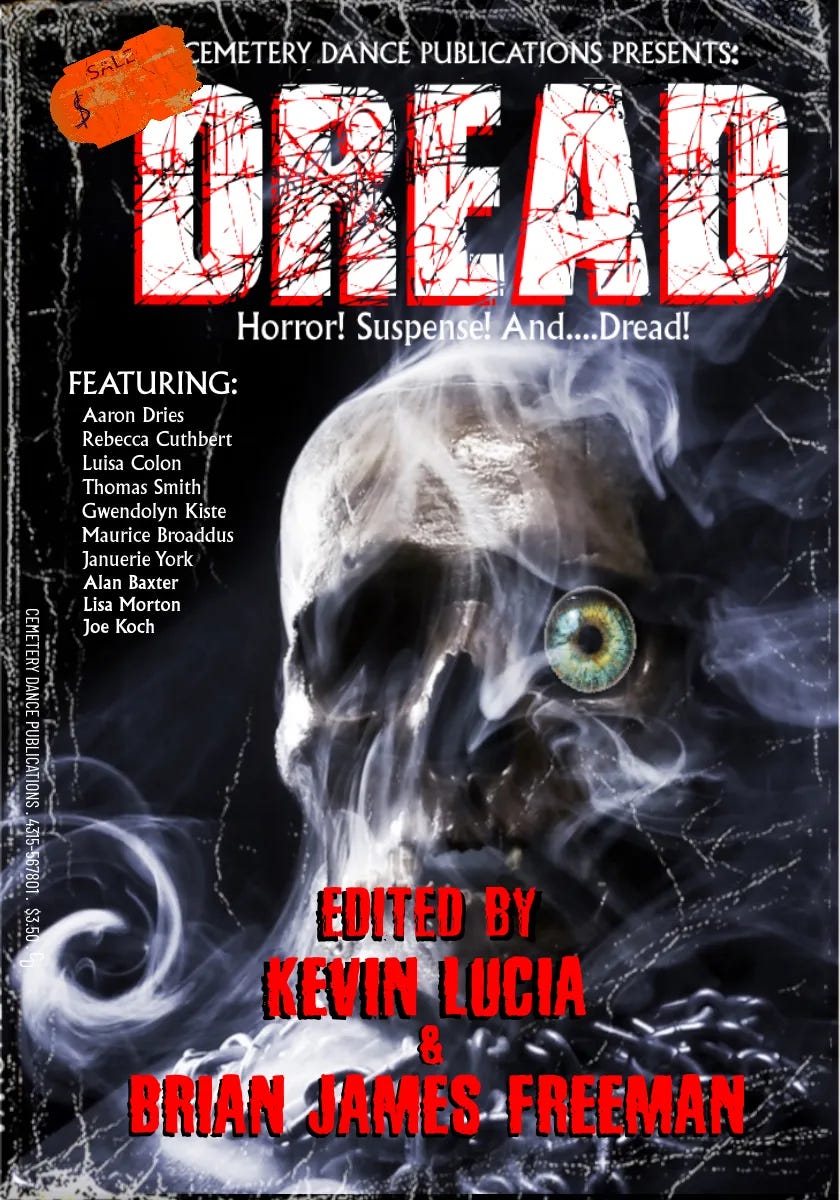I am a fortunate man. On the home front, I married a woman I was crazy about 42 years ago, and all these years later, that hasn’t changed. Add to that, my dog has been housebroken for 12 years, and I am a pretty happy guy.
On the writing front, I started out getting advice on how to write from a number of New York Times and USA Today Bestsellers. And some of them even became good friends. Moderately Interesting Note: I might be the only writer in captivity to have been included in writing projects with Rev. Rick Warren (for those who don’t know his work, he wrote The Purpose Driven Life) and Stephen King (for those who don’t know his work, he wrote The Stand) in the same week.
Over the years, I have received invaluable advice on writing and the writing life from Lisa W. Cantrell, Craig Shaw Gardner, Charles L. Grant, Dean Koontz, and a few others you of whom might have heard And many more you might not have, all successful in their genres, and all who have put in the time and dedication to do the thing they love.
But they weren’t Bob.
And we can all take a lesson from this writer you’ve never heard of.
Like most professionals, I know some pretty prolific writers. Some write books, some write articles, some write a little bit of everything. In fact, I can count four New York Times bestselling authors as friends.
But the most dedicated writer I ever met never had a word published.
He attended only one writers’ conference in his life, and he was lost. Way in over his head most of the weekend. Even so, he was a force to be reckoned with.
His name was Bob and he wanted to be a writer. In fact, that was the first thing he told me when we met at the conference he attended. “Hi, I’m Bob and I want to be a writer. What’s your name?”
We chatted for a while then I made my way to the registration table. The next time I saw Bob he was working the room. Doing what everyone is taught to do at their first conference: Mingle. Introduce yourself. “Hi, I’m Bob and I want to be a writer. What’s your name?” The next time I saw him was an hour or so later in the first session and he was sitting by himself. When the second session started, he was still by himself, so, I walked over and joined him. I noticed he was struggling to keep up as he wrote in a spiral bound notebook with a brand new Bic Click pen (he told me later, with no little sense of pride, that his wife had given him the pen and notebook as a gift before he came to the conference). During a break Bob told me he was having a hard time because he never finished school, so he didn’t write very fast.
That being the case, I offered to make a copy of my notes for him. He accepted (and later copied them in his notebook so he would remember better), and we pretty much spent the rest of the conference together. As I got to know him I found out that Bob was the janitor at a community college and he had always wanted to be a writer. But having never finished school he didn’t know if it was possible. He didn’t know if he had what it takes. When he heard about the conference his wife encouraged him to go so he find out for himself.
They saved enough money for him to go for the weekend and Bob's plan was to ask all of the instructors if his dream was even feasible. At one point that weekend we were challenged to find a critique partner among the attendees and continue to work together through the mail (Remember the mail? We used it in publishing before the days of email).
Guess who my partner was.
Yep.
The first thing Bob sent me was a novel. A science fiction novel. A six page science fiction novel. It had aliens, spaceships, government cover-ups, government helicopters, a time machine, advanced alien weaponry, buxom women, lantern-jawed heroes, and a corrupt Army general.

Did I mention it was only six pages long.
I called Bob and we talked about his novel. He was surprised to find out that he would need to expand the tale significantly and that he would have to write the whole book before he sold it. He had heard of people sending in part of a book and from that the publisher would pay them to finish it. I explained that he was thinking about a proposal and the first-time novelists had to come to the table with a whole book to prove that they could carry it through.
And with that, Bob began to tell me about his other book ideas. And you know something? A lot of them were pretty good. And a few of them were really good. Unfortunately, Bob was getting discouraged because he was discovering just how poor his English skills were. I suggested he go to someone at the college and see if he could take a remedial English course. I wondered out loud if he might even be able to take the class free since he was an employee. And instead of becoming more discouraged, he was thrilled to think there was something he could do that might move him even closer to his dream.
After that we swapped a few short shorts (now called flash fiction) through the mail, and then I didn’t hear anything from Bob for a few months. Early the following January I called to see how Bob was doing. His wife answered and told me the bad news.
Bob died on Christmas day.
I told her how sorry I was to hear about his death, and she stopped me. She told me how happy Bob had been before he died. He was taking the remedial English class, doing his homework, and writing a little every night. He died, she said, making his dream come true. She went on to tell me how proud she was of him, and more important to her, how proud he was of himself. Because he was, as he said, “..really doing it.”
So much so, that he was writing the day before he died, even though he didn’t feel like it.
After I hung up I thought a long time about what I had just heard and how, compared to Bob, my own writing efforts were little more than surface efforts. I (nor most of the writers I knew) hadn't yet tapped into the furnace that fueled an all-out no holds barred desire to write. Whatever the cost.
His example and subsequent death was the thing that lit the flame.
A few months later I was commissioned to write a play as a fundraiser for a theater in Louisiana, and after much thought, I used one of Bob’s ideas and wrote the play as a tribute to him. The director was delighted with both the play and the story behind it. During the contract negotiations, my only stipulation was that on opening night a seat be left vacant on the front row in Bob's memory.
It was the least I could do for someone who continues to inspire me all these years later.
My name is Thomas Smith and this is Whistling Past The Graveyard; an occasional newsletter about what I’m working on, any books/writing projects coming out in the future, and anything else that strikes my fancy. I’m honored to have you taking this walk with me.
On the Horizon
The Cemetery Dance anthology series, DREAD, is still on track for late this year or early 2024. Volume 1 contains my story, A Little Cocktail. But it’s probably one you should be very careful about drinking.
My short story collection, Other Places, is also on track for publication late next year, also from Cemetery Dance Publications.
My ghost story book, Haunted North Carolina Coast, is almost finished. I should have the manuscript in to the publisher almost 2 months early and will be released in time for Halloween 2024. It will be part of The History Press’s Haunted America series.
There’s another project on the horizon. This one harkens back to a special group of books popular in the late 1960s and the 1970s. Hopefully I can give you more than a vague reference the next time we meet. Until then, you be good to each other, and don’t forget to rewind the tape before you take it back.

